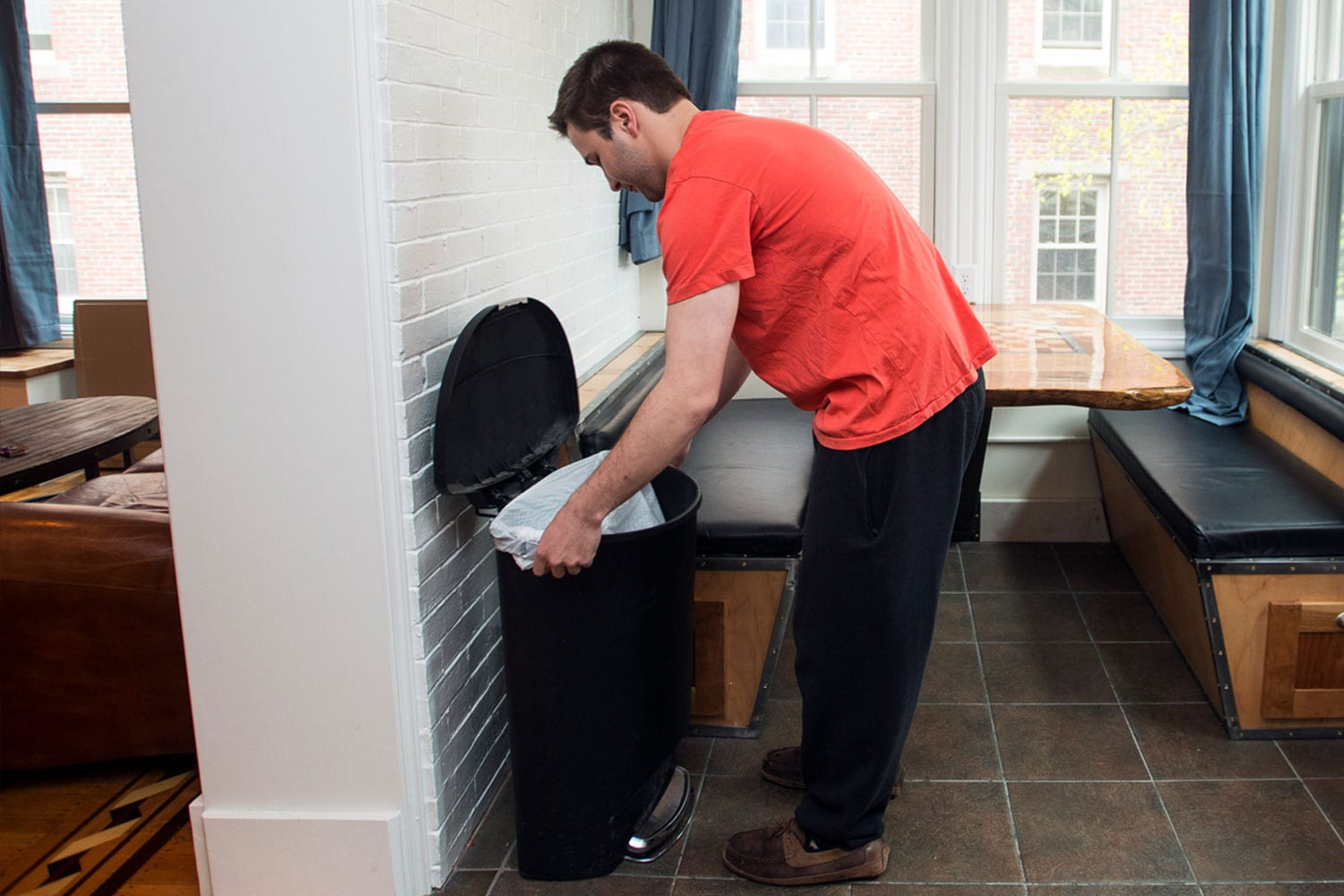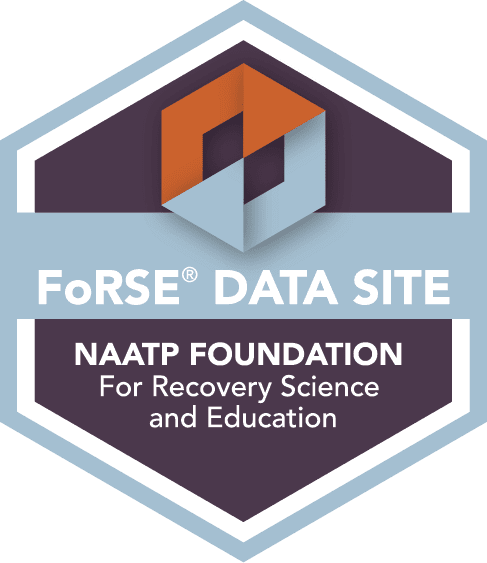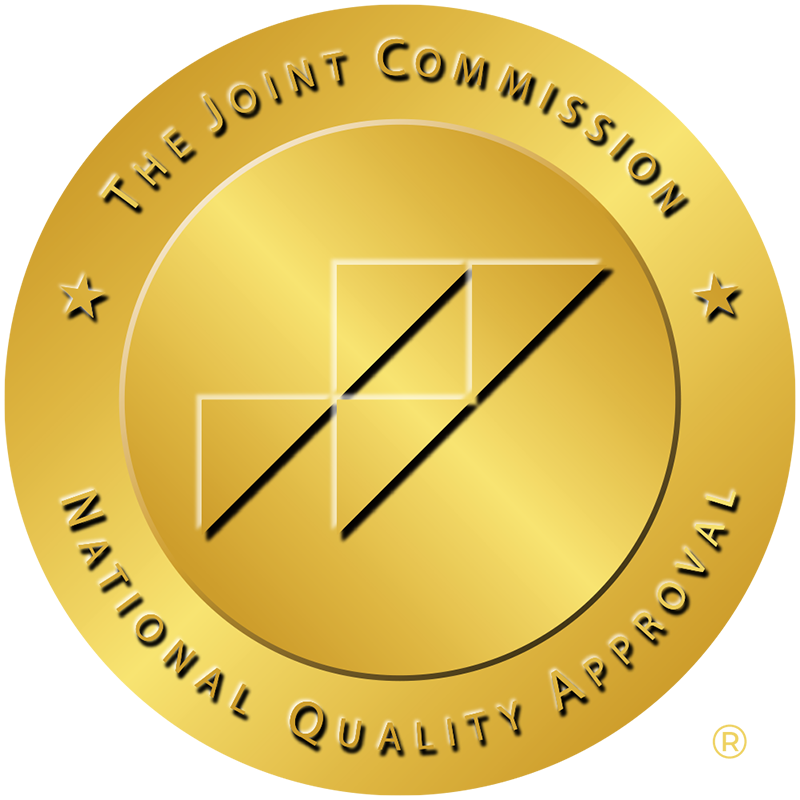Executive Functioning & Addiction

Executive functioning has evolved from a common phrase among educators and psychologists to a highly researched and ever-developing field for understanding the complexities of the human brain. It begins to explain our ability to make cognitive decisions, exert mental control, self regulate and manage all types of life tasks. It is well established that addiction is a disease that affects the reward centers of the brain. In applying these findings to executive functioning issues, it may not surprise you to learn that there is a strong connection between individuals with executive functioning problems and addiction.
Why is this?
First, let’s identify what executive functioning refers to. As a CEO is responsible for orchestrating a corporation’s growth and profitability, the brain’s prefrontal cortex has its own executive command center where decisions are made. Individuals with executive function problems have challenges with working memory, planning, organizing and managing time and space – all of which are important tools in guiding one’s actions. We also know that the prefrontal cortex changes over time and can be negatively affected by addiction, specifically resulting in non-use of this brain region or inadequate executive function. The capacity for using the prefrontal cortex diminishes as a result. This helps explain why addicts make decisions that are more impulsive and gratifying in the short-term, with seemingly little ability to predict possible consequences.
Many of our residents enter Foundation House with deficiencies in executive functioning. Addiction exacerbates these problems by depriving the addict of the opportunity to be cognitively present and function at full capacity.

At Foundation House, we identify executive functioning deficits as the following:
- Inhibition – The ability to stop one’s behavior at the appropriate time.
- Shift – The ability to move freely from one situation to another, while thinking flexibly.
- Emotional Control – The ability to modulate emotional responses.
- Initiation – The ability to begin a task or activity and to independently generate ideas or problem-solving strategies.
- Working Memory – The capacity to hold onto information in the mind for the purpose of completing a task.
- Planning/Organization – The ability to manage current and future-oriented tasks and plans.
- Organization of Materials – The ability to create order in work, play and storage spaces.
- Self-Monitoring – The ability to monitor one’s own performance and measure it against a standard of what is expected.
These are the key methods we use to coach residents in improving their executive functioning deficits:
- “Slow it down.” We commonly use this phrase in the feedback we give our residents when it comes to making decisions. It is vital that addicts in early recovery develop patience and slow down the thinking process in order to mitigate rash, impulsive decisions. The 12 Steps of AA teach us the importance of turning over our will. We teach residents that their own “best thinking” got them to this point in their lives; therefore, the more they choose to rely on their own past judgment, the risk of relapse escalates exponentially. Residents must develop the ability to trust and rely on staff, alumni and sponsors who have gained experience and wisdom through their own long-term recovery journey.
- Productivity and time management. We offer residents an array of 12 Step-based groups, therapeutic work, healthy activities and holistic programming to support them in early recovery. Our goal, however, is not to just keep them busy. Learning to deal with boredom and manage a daily routine are necessary components of early recovery. If all we do is keep our residents occupied, they will not have the opportunity to discover and struggle through real-life situations. Struggle leads to learning and growth. It is imperative that residents plan a scheduled calendar and review that calendar frequently to help them develop follow-through and commitment in fulfilling their responsibilities.
- Being aware of surroundings and managing living spaces. We demand cleanliness and organization. It’s the small things in recovery that make all the difference. To heal on the inside we must begin by developing proficiency in keeping our outward appearance and living areas tidy. This promotes not only respect for ourselves but also for the people around us.
- Emotional awareness or mindfulness. Being cognizant of one’s own emotions as well as the feelings and needs of others are critical skills that must be developed in recovery. In all our daily interactions, as well as our more formal group sessions, we stress the importance of being mindful of our own emotions and the emotions evoked in those around us by our actions. This is truly part of the spiritual awakening that the 12 Steps of AA teaches us is vital to our recovery.
- Teaching and modeling life skills. Foundation House provides a safe environment for residents to practice the balance between recovery and work/school. We believe that for individuals to learn, they must first be taught how. Once residents develop consistency in their lives, they become more capable of practicing the life skills that will enable greater independence. These skills include but are not limited to: cooking, nutrition, cleaning personal living space, hygiene and moderation in non-substance related activity.





